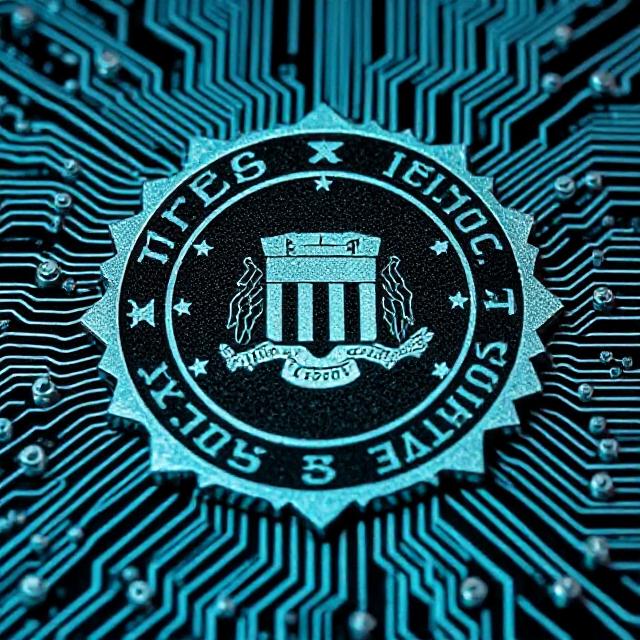In 1993, the U.S. government proposed a small hardware chip called the Clipper Chip, meant to be embedded in phones and computers. The goal? Allow federal agencies to access encrypted communications — legally and “securely.”
Marketed as a way to balance privacy and national security, the chip used a classified encryption algorithm and stored a government-accessible key. The idea was that law enforcement could decrypt messages if needed.
But privacy advocates, cryptographers, and civil liberties groups were outraged. They argued it gave too much power to the government, created backdoors ripe for abuse, and weakened trust in technology. The backlash was massive — and effective. The Clipper Chip project was quietly abandoned by 1996.
The episode is a key moment in the Crypto Wars of the 1990s and still echoes today in debates over end-to-end encryption, WhatsApp, iPhones, and the right to digital privacy.
